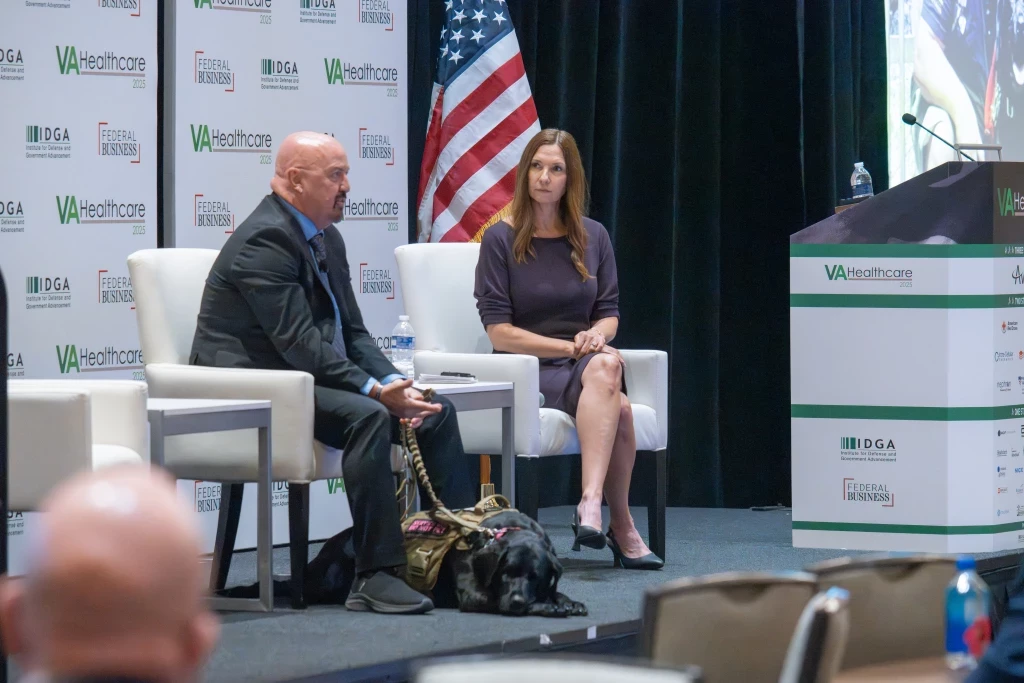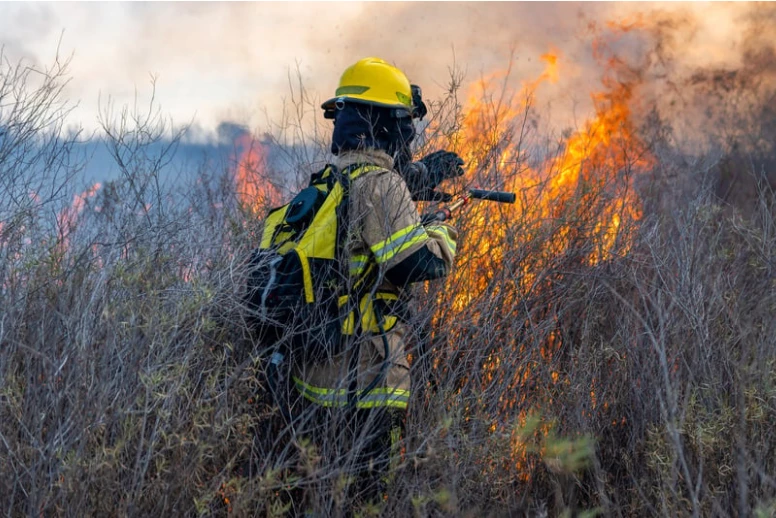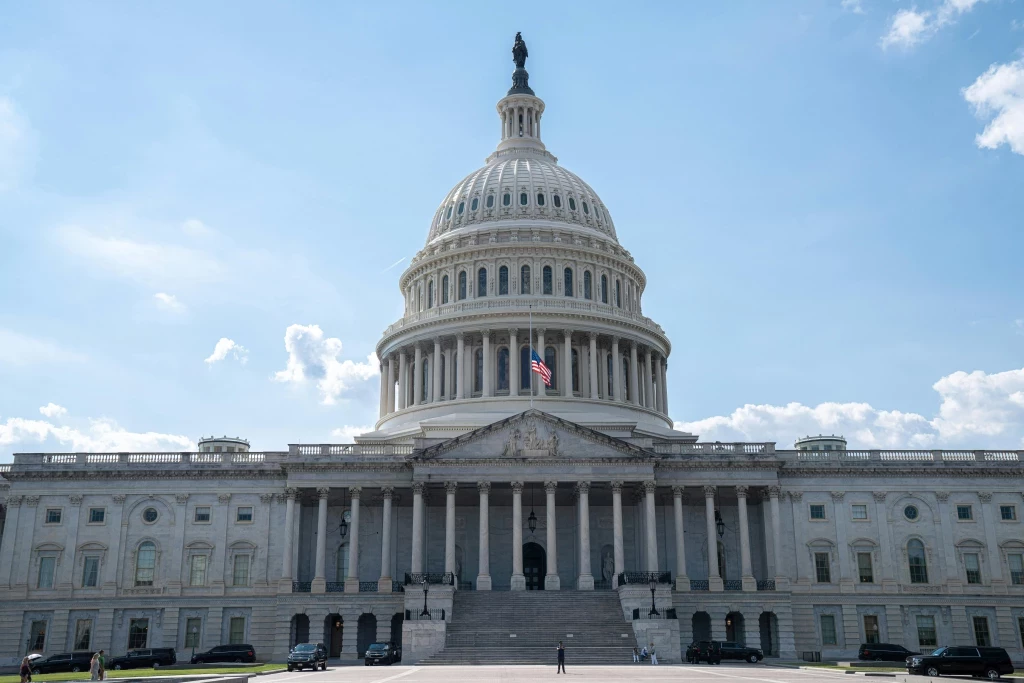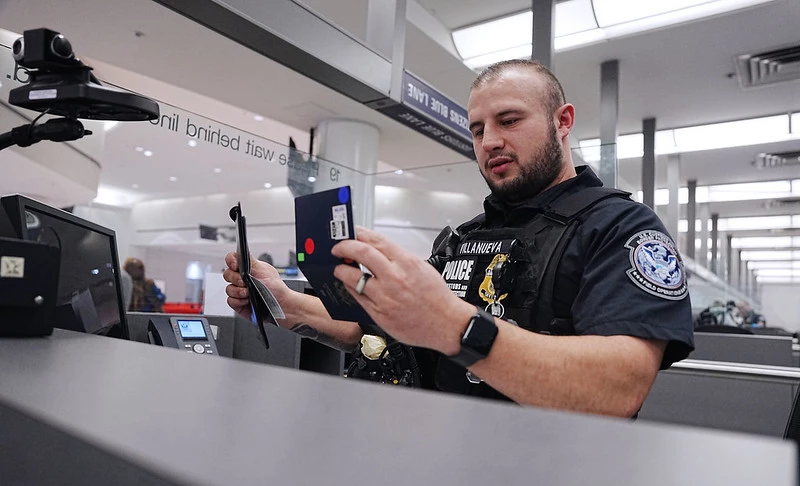Pups4Patriots™ Brings Hope to Veterans at IDGA Summit
Add bookmark
IDGA’s annual Veterans Healthcare Summit brings together healthcare professionals from across the country to discuss some of the most pressing challenges facing America’s veterans. Among the speakers at the 2025 summit, one program stood out for its unique approach to healing invisible wounds: American Humane Society’s Pups4Patriots™ program.
Since it began in 2017, Pups4Patriots has paired highly trained service dogs with veterans struggling with Post-Traumatic Stress Disorder (PTS) and Traumatic Brain Injury (TBI). Today, the program has provided over 300 service dogs to struggling veterans and first responders.
Dr. Amy Hrin is the Vice President of Program Development at American Humane Society, where she has developed programs to reunite retired military working dogs with their former handlers and established the Pups4Patriots program, pairing veterans and retired first responders with specially trained service dogs. Dr. Hrin joined IDGA at the Veterans Healthcare Summit for a special on-site interview.
“The core goal of our Pups4Patriots program is to provide lifesaving service dogs at no cost to veterans,” said Dr. Hrin. “From the start, we’ve been focused on two things: the mental health and well-being of veterans, and the humane training and welfare of the dogs themselves.”
But as Dr. Hrin noted, the path to a service dog is often lined with barriers: long waitlists, high costs, lack of training standards, and even skepticism from healthcare providers.
That’s where American Humane Society’s Pups4Patriots program steps in by removing financial burdens and providing trusted, science-backed training standards so that veterans can receive the help they deserve.
One Veteran’s Story
For Michael Bundrick, a U.S. Air Force veteran, the Pups4Patriots program presented itself when he needed it most.
“Seven years ago, I was at the lowest point in my life,” Bundrick recalled at the summit. “Through American Humane Society, I was paired with Justice, my service dog. She literally saved my life and gave me a second chance.”
Bundrick explained that the benefits of a service dog extend far beyond the individual veteran. His family, too, felt the impact: “They had to deal with me not wanting to be part of the family, not wanting to do anything. Justice gave me back to them.”
Bundrick’s story also highlights another barrier veterans often face, skepticism within the healthcare system.
"To even qualify, you have to be in treatment, and getting VA doctors to sign the paperwork was like pulling teeth,” Bundrick said. “My psychiatrist didn’t believe a service dog could help with PTSD. He reluctantly signed, but I know other veterans are still fighting that same battle.”
That’s why the Veterans Healthcare Summit was so important for American Humane Society. It gave the organization a chance to speak directly with healthcare providers and policymakers about the evidence supporting service dogs. Dr. Hrin presented research that shows how service dogs reduce depression and anxiety, improve social functioning, and enhance overall quality of life for veteran’s dealing with the invisible wounds of war.
Pups4Patriots Future Outlook
Looking ahead, Dr. Hrin and her team want to make sure more veterans can access that healing bond.
“As we evolve, we’re hoping to expand nationally to impact even more veterans in need,” she said.
By attending forums like the VA Healthcare Summit, American Humane Society is building connections that can spread awareness and dismantle barriers. The hope is that more veterans and first responders will not only learn about the Pups4Patriots program but also be encouraged to apply.
For Bundrick, attending the summit allowed the veterans community a firsthand look at the program's success. “People see me and Justice and how she saved my life,” Bundrick said. “Getting the word out means more veterans can experience what I have, a second chance at life.”

























